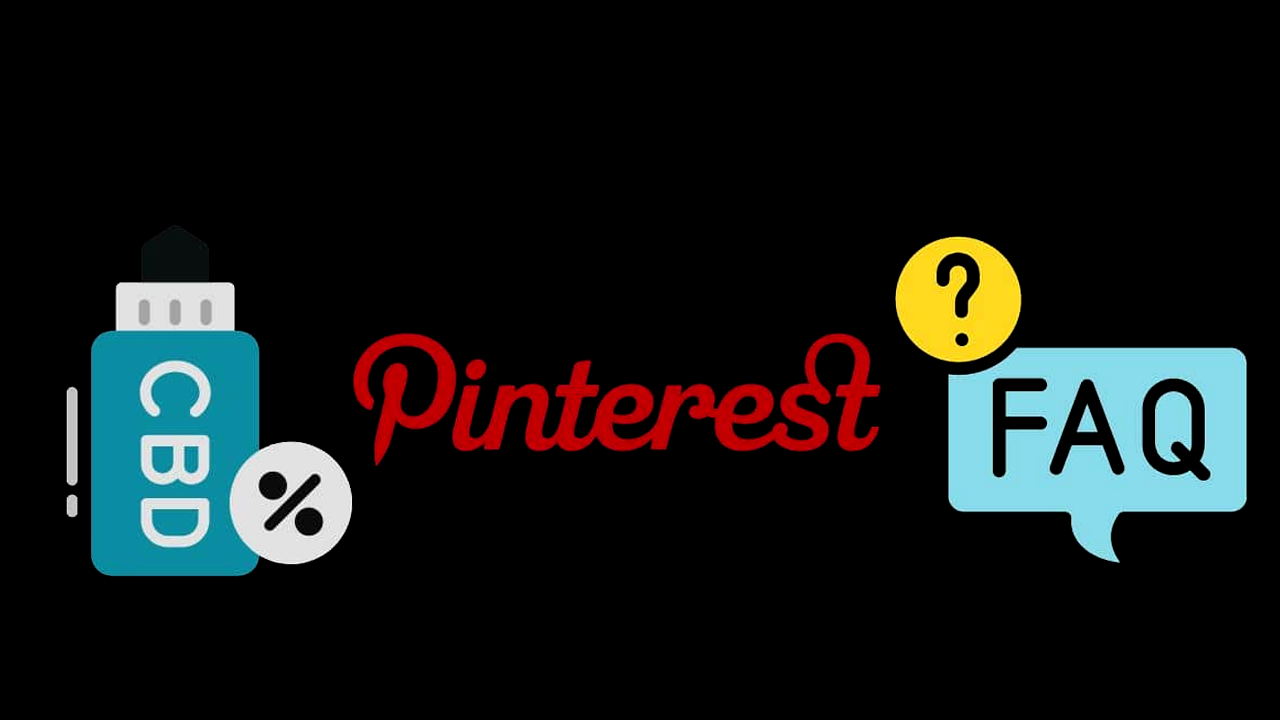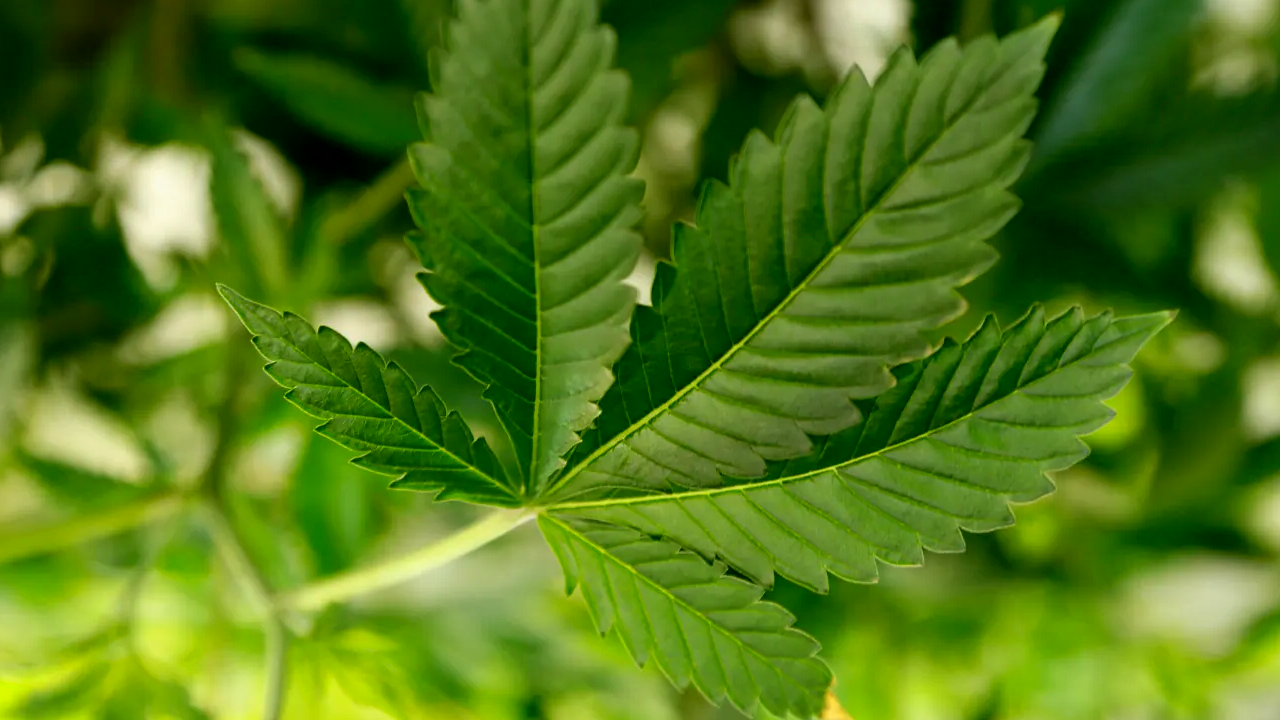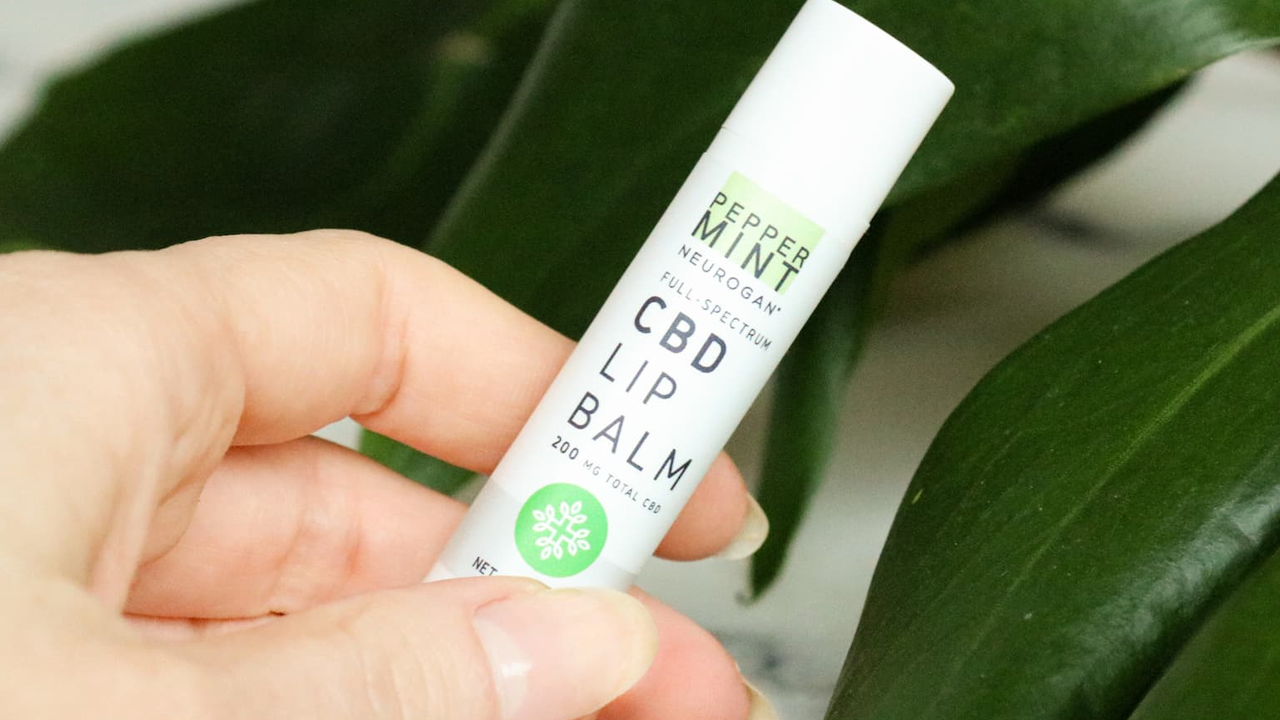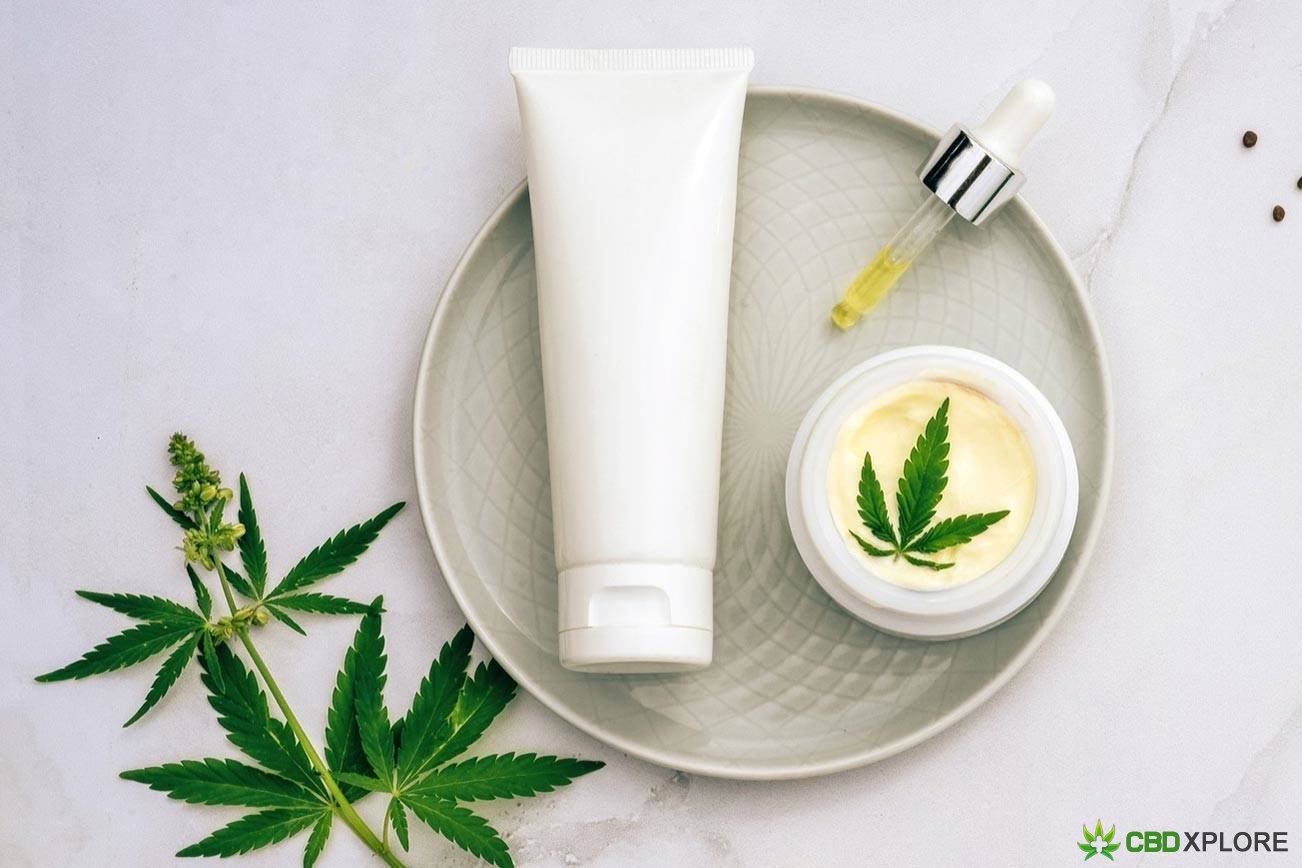How to Start a CBD Business: A Step-by-Step Guide
In this comprehensive guide, we’ll walk you through the essential steps to start a CBD business and position yourself for long-term success.

The CBD industry has experienced exponential growth in recent years, driven by increasing consumer interest in natural health and wellness products. If you’re considering entering this lucrative market, now is the perfect time to start a CBD business. However, start a CBD business requires careful planning, compliance with regulations, and a solid understanding of the industry. In this comprehensive guide, we’ll walk you through the essential steps to start a CBD business and position yourself for long-term success.
Explore the Contents
- 1 Step 1: Understand the CBD Industry
- 2 Step 2: Research Legal Requirements and Regulations
- 3 Step 3: Define Your Niche and Target Audience
- 4 Step 4: Create a Business Plan
- 5 Step 5: Source High-Quality CBD Products
- 6 Step 6: Choose a Business Model
- 7 Step 7: Build a Strong Brand
- 8 Step 8: Develop an Online Presence
- 9 Step 9: Market Your CBD Business
- 10 Step 10: Monitor and Adapt
- 11 Final Thoughts
Step 1: Understand the CBD Industry
Before you start a CBD business, it’s crucial to understand the industry landscape. CBD, or cannabidiol, is a nonpsychoactive compound derived from the hemp plant. It’s widely used for its potential health benefits, including pain relief, anxiety reduction, and improved sleep.
Key Insights:
- Market Growth: The global CBD market is projected to reach $47.22 billion by 2028, making it one of the fastest-growing industries.
- Consumer Demand: Millennials and Gen Z are driving demand for CBD products, particularly in the wellness and beauty sectors.
- Product Variety: CBD is available in various forms, including oils, tinctures, edibles, topicals, capsules, and pet products.
Understanding these trends will help you identify opportunities and tailor your business strategy to meet consumer needs.
Step 2: Research Legal Requirements and Regulations
One of the most critical steps to start a CBD business is ensuring compliance with federal, state, and local laws. The legal landscape for CBD is complex and constantly evolving, so staying informed is essential.
Key Considerations:
- Federal Law: Under the 2018 Farm Bill, hemp-derived CBD with less than 0.3% THC is legal at the federal level. However, the FDA regulates CBD products, and their approval process is still ongoing.
- State Laws: Each state has its own regulations regarding the sale and distribution of CBD. Some states have stricter rules, so research your state’s specific requirements.
- Licensing and Permits: You may need licenses to grow, manufacture, or sell CBD products. Check with your local government to determine the necessary permits.
Failing to comply with regulations can result in hefty fines or even the shutdown of your business, so consult with a legal expert to ensure you’re operating within the law.
Step 3: Define Your Niche and Target Audience
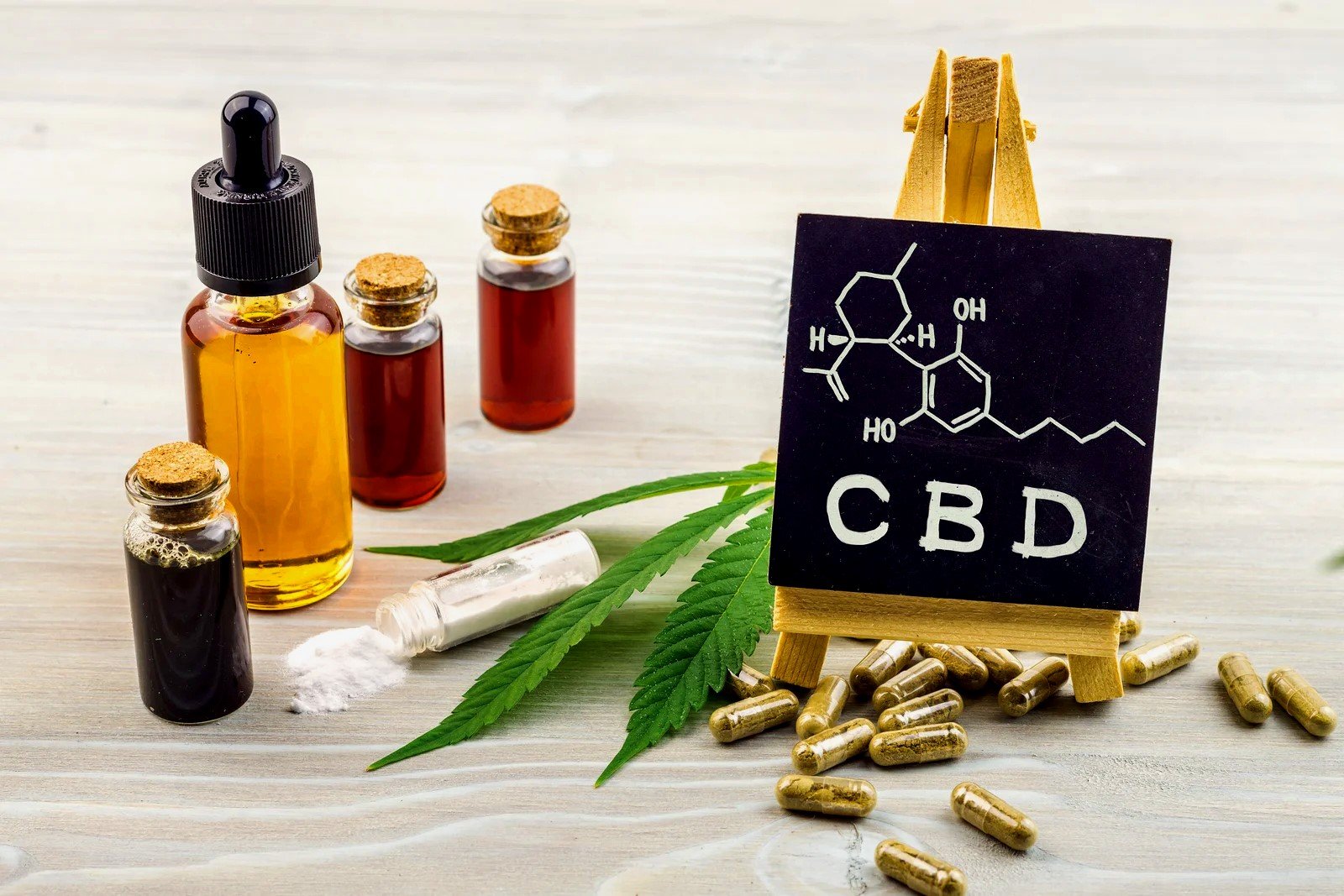
To stand out in the competitive CBD market, you need to define a clear niche and target audience. A well-defined niche will help you focus your marketing efforts and create products that resonate with your customers.
Popular CBD Niches:
- Health and Wellness: CBD oils, tinctures, and capsules for pain relief, stress management, and overall well-being.
- Beauty and Skincare: CBD-infused creams, serums, and balms for anti-aging, acne treatment, and skin hydration.
- Pet Care: CBD products designed for pets to alleviate anxiety, joint pain, and other health issues.
- Fitness and Recovery: CBD topicals and supplements for athletes to reduce inflammation and speed up recovery.
Once you’ve chosen your niche, identify your target audience. Consider factors like age, gender, lifestyle, and purchasing habits to create a customer profile.
Step 4: Create a Business Plan
A solid business plan is the foundation of any successful venture. When you start a CBD business, your business plan should outline your goals, strategies, and financial projections.
Key Components of a CBD Business Plan:
- Executive Summary: A brief overview of your business, including your mission statement and objectives.
- Market Analysis: Research on industry trends, competitors, and target audience.
- Product Line: Details about the CBD products you plan to offer, including sourcing and manufacturing processes.
- Marketing Strategy: How you’ll promote your products and reach your target audience.
- Financial Plan: Budget, pricing strategy, and revenue projections.
A well-crafted business plan will not only guide your operations but also help you secure funding from investors or lenders.
Step 5: Source High-Quality CBD Products
The quality of your CBD products will determine your business’s success. Consumers are increasingly discerning about the products they buy, so it’s essential to source high-quality CBD from reputable suppliers.
Tips for Sourcing CBD:
- Hemp Source: Ensure the hemp is grown organically and free from pesticides and heavy metals.
- Extraction Method: CO2 extraction is the gold standard for producing pure, high-quality CBD oil.
- Third-Party Testing: Choose suppliers that provide Certificates of Analysis (COAs) from independent labs to verify the potency and purity of their products.
Building relationships with reliable suppliers will ensure consistency and help you maintain customer trust.
Step 6: Choose a Business Model
When you start a CBD business, you’ll need to decide on a business model that aligns with your goals and resources. Here are some popular options:
Common CBD Business Models:
- Private Labeling: Purchase pre-made CBD products and sell them under your brand name.
- White Labeling: Buy generic CBD products and customize them with your branding and packaging.
- Manufacturing: Produce your own CBD products from scratch, giving you full control over quality and formulation.
- E-Commerce: Sell CBD products online through your website or platforms like Amazon and Shopify.
- Brick-and-Mortar: Open a physical store to sell CBD products directly to customers.
Each model has its pros and cons, so choose one that suits your budget, expertise, and long-term vision.
Step 7: Build a Strong Brand
In a crowded market, a strong brand is essential to differentiate your CBD business. Your brand should reflect your values, mission, and the unique benefits of your products.
Branding Tips:
- Logo and Packaging: Invest in professional logo design and packaging that appeals to your target audience.
- Brand Story: Share your journey and the inspiration behind your business to connect with customers on a personal level.
- Consistency: Maintain a consistent brand voice and visual identity across all marketing channels.
A compelling brand will help you build trust and loyalty among your customers.
Step 8: Develop an Online Presence
In today’s digital age, having a strong online presence is crucial for any business. When you start a CBD business, your website and social media platforms will serve as the primary touchpoints for your customers.
Steps to Build Your Online Presence:
- Website: Create a user-friendly website with detailed product descriptions, customer reviews, and secure payment options.
- SEO: Optimize your website for search engines to rank higher for keywords like “Start a CBD Business” and “CBD products.”
- Social Media: Use platforms like Instagram, Facebook, and TikTok to engage with your audience and showcase your products.
- Content Marketing: Publish blog posts, videos, and infographics to educate your audience about CBD and establish yourself as an industry expert.
An effective online presence will drive traffic to your website and increase sales.
Step 9: Market Your CBD Business
Marketing is the key to attracting customers and growing your CBD business. A well-rounded marketing strategy will help you reach your target audience and build brand awareness.
Effective Marketing Strategies:
- Influencer Partnerships: Collaborate with influencers in the health and wellness space to promote your products.
- Email Marketing: Build an email list and send newsletters with product updates, discounts, and educational content.
- Paid Advertising: Use Google Ads and social media ads to target specific demographics and drive traffic to your website.
- Events and Pop-Ups: Participate in trade shows, wellness expos, and local events to showcase your products.
Consistent marketing efforts will help you establish a loyal customer base and increase revenue.
Step 10: Monitor and Adapt
The CBD industry is dynamic, with new trends and regulations emerging regularly. To stay competitive, you must monitor your business performance and adapt to changes.
Tips for Continuous Improvement:
- Track Metrics: Monitor sales, website traffic, and customer feedback to identify areas for improvement.
- Stay Informed: Keep up with industry news and regulatory updates to ensure compliance.
- Innovate: Regularly update your product line and marketing strategies to meet evolving customer needs.
By staying proactive, you can position your start a CBD business for long-term success.
Final Thoughts
Starting a CBD business is an exciting opportunity to tap into a rapidly growing market. By following this step-by-step guide, you can navigate the complexities of the industry and build a successful brand. Remember to prioritize quality, compliance, and customer satisfaction as you start a CBD business. With dedication and strategic planning, you can carve out a profitable niche in the thriving CBD industry.
By incorporating the primary keyword “Start a CBD Business” and relevant keywords like “CBD products,” “CBD industry,” and “CBD business plan,” this article is optimized for SEO while providing valuable insights for aspiring entrepreneurs. Whether you’re a seasoned business owner or a newcomer, this guide will help you launch and grow a successful CBD business.
